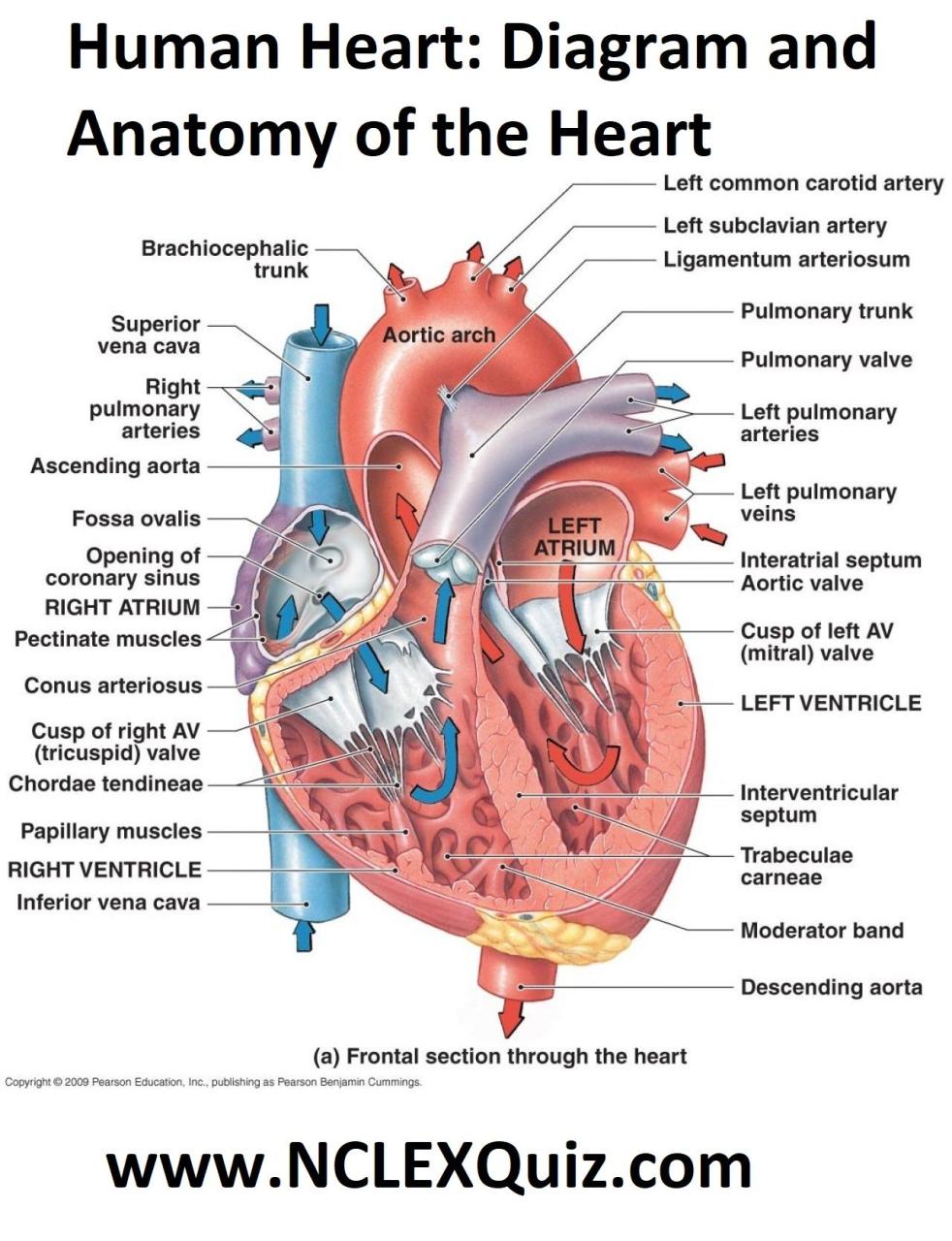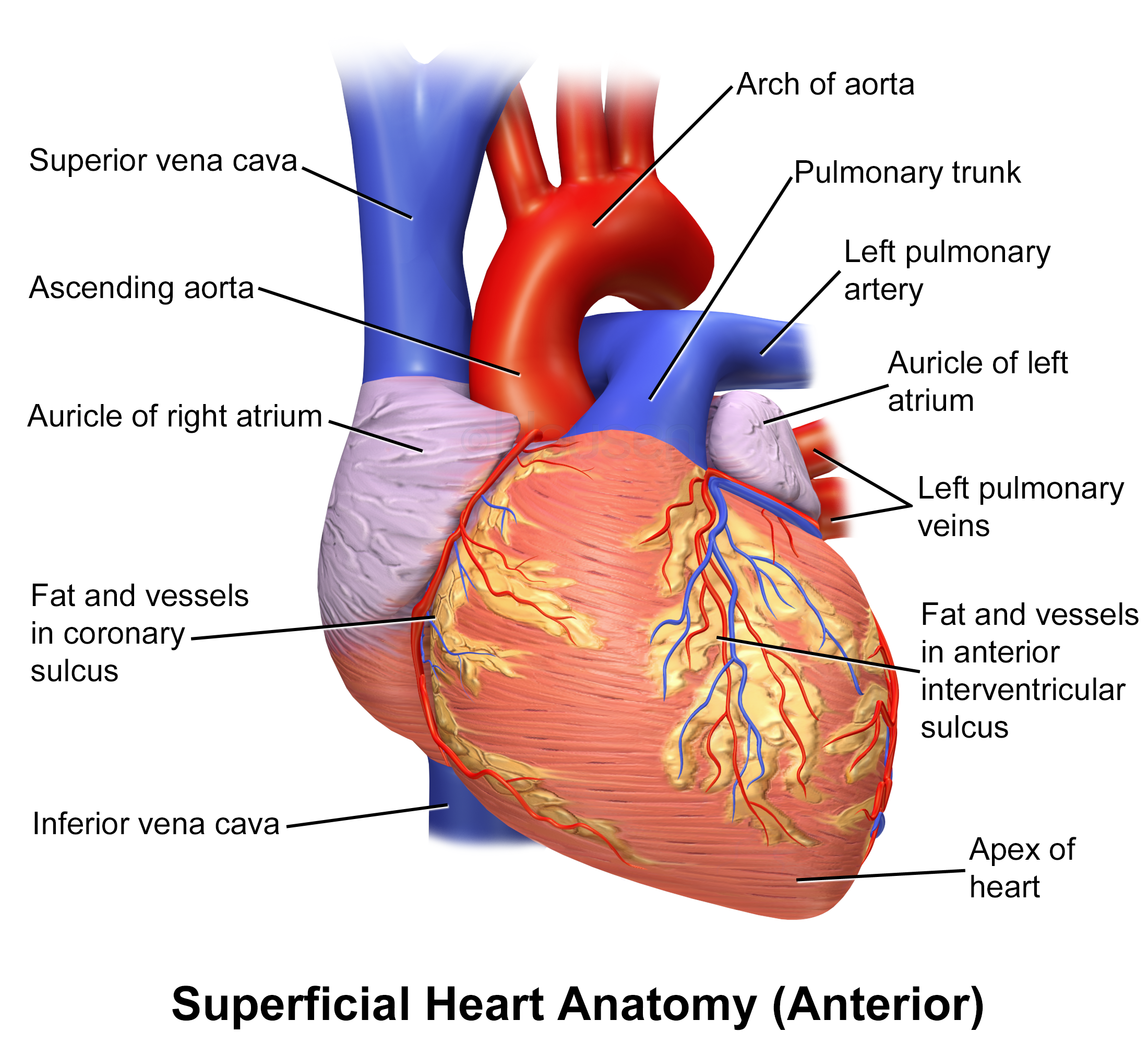The human heart is a marvel of biology, a relentless pump sustaining life, yet its significance extends far beyond its physiological function. Across cultures and throughout history, the heart has been revered as the seat of emotion, courage, wisdom, and the very essence of being. It is the core of our being, the wellspring of love, sorrow, joy, and resilience. This profound duality – the physical organ and its symbolic counterpart – is beautifully reflected in the myriad ways different languages articulate the concept of "heart."
Exploring the word "heart" in various tongues reveals not just linguistic diversity but also deep cultural insights into how humanity perceives its inner world. While the anatomical function remains constant, the metaphorical dimensions often shift, offering a fascinating glimpse into the collective psyche of a people.
The English "Heart": A Multifaceted Core
In English, the word "heart" (from Old English heorte, akin to German Herz and Latin cor) is incredibly versatile. Anatomically, it’s straightforward: a heartbeat, a heart attack. But its metaphorical range is vast:
- Emotion: A broken heart signifies deep sorrow, while a warm-hearted person is kind and compassionate. To have a heavy heart is to feel sadness, and to wear your heart on your sleeve means to openly display your emotions.
- Courage/Spirit: To take heart is to find courage, and a faint-hearted person lacks bravery. A lionheart is someone exceptionally courageous.
- Essence/Center: The heart of the matter refers to the core issue. The heart of the city is its central district. To get to the heart of something means to understand its fundamental truth.
- Memory/Learning: To learn by heart means to memorize thoroughly.
- Sincerity: To do something from the bottom of one’s heart indicates genuine feeling.
These expressions demonstrate how deeply ingrained the heart is in English idiom, serving as a powerful metaphor for our inner lives and the core of things.
The Romance Languages: Passion and Poetic Depths
Descended from Latin cor, the Romance languages share a common linguistic ancestor, yet each imbues "heart" with its unique cultural flavor.
Spanish: Corazón
Corazón (pronounced: koh-rah-SOHN) is central to Spanish expressions of love, passion, and sincerity.
- Con todo mi corazón: "With all my heart," a common declaration of deep feeling.
- Rompecorazones: "Heartbreaker," someone who causes emotional pain.
- De corazón: "From the heart," meaning sincerely or genuinely.
- Mi corazón está contigo: "My heart is with you," expressing empathy and solidarity.
Spanish uses corazón to convey intense emotion, often with a dramatic flair that reflects the passionate nature of the culture.
French: Cœur
Cœur (pronounced: kerr) carries a similar romantic weight but often with an air of elegance and nuance.
- Par cœur: "By heart," for memorization, mirroring English.
- Avoir le cœur sur la main: "To have one’s heart on one’s hand," meaning to be generous and open-hearted.
- Coup de cœur: "A blow of the heart," meaning a sudden crush or a strong liking for something.
- Mon cœur: "My heart," a term of endearment.
The French cœur evokes a sense of refined emotion, beauty, and often, a touch of melancholy.
Italian: Cuore
Cuore (pronounced: KWO-reh) resonates with warmth, passion, and directness.
- Di cuore: "From the heart," expressing sincerity.
- Avere un cuore d’oro: "To have a heart of gold," indicating great kindness.
- A cuor leggero: "With a light heart," meaning carefree or without worry.
- Cuore spezzato: "Broken heart."
Italian uses cuore to articulate the full spectrum of human feeling, from joyous love to profound sorrow, always with a characteristic Italian intensity.
Portuguese: Coração
Coração (pronounced: koh-rah-SOWNG) shares many semantic similarities with Spanish, but with its own distinct lyrical quality, especially in the context of saudade (a deep emotional state of melancholic longing).
- De coração: "From the heart," expressing sincerity.
- Ter um coração mole: "To have a soft heart," meaning to be easily moved or compassionate.
- Meu coração está partido: "My heart is broken."
- Coração valente: "Brave heart."
The Portuguese coração often appears in poetry and music, conveying deep longing and emotional vulnerability.
The Germanic Languages: Sincerity and Profundity
The Germanic family also shares a common linguistic heritage for "heart," emphasizing sincerity, inner feeling, and sometimes, a certain gravitas.
German: Herz
Herz (pronounced: herts) is a powerful word in German, often conveying deep, sometimes somber, emotion.
- Von Herzen: "From the heart," genuinely.
- Herzenswunsch: "Heart’s desire," a heartfelt wish.
- Herzschmerz: "Heartache," often used for emotional pain rather than physical.
- Mutig sein Herz zeigen: "To show one’s brave heart."
German uses Herz to denote profound feelings and inner conviction, often with a sense of seriousness and depth.
Dutch: Hart
Hart (pronounced: hart) in Dutch reflects a similar range of meanings to German, blending practicality with emotional depth.
- Uit het diepst van mijn hart: "From the bottom of my heart."
- Een hart onder de riem steken: "To put a heart under the belt," meaning to encourage someone.
- Met hart en ziel: "With heart and soul."
- Gebroken hart: "Broken heart."
The Dutch hart is a straightforward yet potent word for expressing genuine sentiment and inner strength.
The Slavic Languages: Soul and Steadfastness
In Slavic languages, the word for "heart" often intertwines with concepts of the soul, courage, and the very core of one’s being.
Russian: Сердце (Serdtse)
Сердце (pronounced: SYER-tsye) is central to Russian emotional and spiritual life, often linked to the soul (душа, dusha).
- От всего сердца (ot vsego serdtsa): "From all my heart," expressing profound sincerity.
- Иметь доброе сердце (imet’ dobroyey serdtse): "To have a kind heart."
- Сердце кровью обливается (serdtse krov’yu oblivayetsya): "My heart bleeds," for extreme sorrow.
- Сердце не камень (serdtse ne kamen’): "The heart is not a stone," implying sensitivity.
The Russian serdtse is often depicted as the seat of courage, empathy, and deep, sometimes melancholic, emotions.
Polish: Serce
Serce (pronounced: SEHR-tseh) shares a common Slavic root and similar connotations with Russian, emphasizing emotional depth and sometimes a sense of suffering.
- Z całego serca: "With all my heart."
- Serce pęka: "Heart is breaking."
- Mieć dobre serce: "To have a good heart."
- Serce rośnie: "The heart grows," meaning one feels joy or pride.
The Polish serce is a powerful word for expressing profound human experiences, from great joy to deep anguish.
East Asian Languages: Mind, Spirit, and Core
In many East Asian languages, the concept of "heart" often merges with "mind" and "spirit," reflecting a holistic view of human consciousness.
Chinese: 心 (Xīn)
The character 心 (pronounced: xīn) is one of the most fundamental in Chinese. It’s a pictograph of a heart, but its meaning extends far beyond the anatomical.
- Heart/Mind: Xīn encompasses both the physical heart and the mind, intellect, emotions, and intentions. This fusion highlights a worldview where thought and feeling are intrinsically linked.
- 开心 (kāixīn): "Happy," literally "open heart/mind."
- 小心 (xiǎoxīn): "Careful," literally "small heart/mind."
- 用心 (yòngxīn): "To use heart/mind," meaning to be diligent or attentive.
- 心碎 (xīnsuì): "Heartbroken," literally "heart shattered."
The Chinese xīn represents the core of a person’s being, their consciousness, and their moral center, deeply influenced by philosophical traditions like Confucianism and Buddhism.
Japanese: 心 (Kokoro) / ハート (Hāto)
Japanese offers a fascinating distinction.
- 心 (Kokoro) (pronounced: koh-KOH-roh): Similar to Chinese xīn, kokoro is a profound word encompassing heart, mind, spirit, and soul. It represents the inner world, intentions, and emotional core.
- 心を込めて (kokoro o komete): "With all one’s heart/soul," expressing sincerity and dedication.
- 心の底から (kokoro no soko kara): "From the bottom of one’s heart."
- 心の優しい (kokoro no yasashii): "Kind-hearted."
- ハート (Hāto) (pronounced: HAH-toh): This is a direct loanword from English "heart," primarily used for the physical organ, the heart symbol (♥), or in modern, lighter emotional contexts (e.g., ドキドキハート – doki doki hāto for a thumping heart).
This dual usage highlights how traditional concepts of the inner self (kokoro) coexist with modern, often Western-influenced, anatomical or symbolic representations.
Korean: 마음 (Maeum) / 심장 (Simjang)
Korean also makes a clear distinction:
- 마음 (Maeum) (pronounced: mah-EUM): This term broadly covers heart, mind, spirit, and feelings. It’s the seat of emotions, will, and consciousness.
- 마음이 아프다 (maeumi apeuda): "My heart aches," expressing emotional pain.
- 마음이 넓다 (maeumi neolda): "To have a broad heart," meaning to be generous or open-minded.
- 진심으로 (jinsimeuro): "Sincerely," literally "with a true heart/mind."
- 심장 (Simjang) (pronounced: shim-JANG): This specifically refers to the anatomical, physical heart.
The Korean maeum is crucial for understanding the emotional and psychological landscape, reflecting a holistic view of the inner person.
Semitic Languages: Intellect, Will, and Divine Connection
In Semitic languages, particularly Arabic and Hebrew, the heart is often depicted as the center of not only emotion but also intellect, will, and spiritual perception, holding immense religious and philosophical weight.
Arabic: قلب (Qalb)
قلب (pronounced: qalb) derives from a root meaning "to turn, to invert," suggesting the heart as a turning point of emotions, thoughts, and intentions. It is paramount in Islamic theology and classical Arabic poetry.
- بقلب سليم (biqalb salīm): "With a sound heart," referring to a pure and sincere heart, free from malice.
- قلب الأسد (qalb al-asad): "Heart of a lion," meaning brave.
- من كل قلبي (min kulli qalbi): "From all my heart."
In Arabic, the qalb is not merely emotional; it’s the faculty through which one understands, perceives, and makes decisions, acting as the spiritual and intellectual core.
Hebrew: לב (Lev) / לבב (Levav)
לב (lev) and its intensive form לבב (levav) are fundamental in Hebrew, especially in biblical and religious texts. The heart is the seat of intellect, emotion, and will.
- בכל לבבך (b’khol l’vavkha): "With all your heart," a central commandment in the Torah (Deuteronomy 6:5), emphasizing total devotion.
- לב טוב (lev tov): "Good heart," meaning kind-hearted.
- שבור לב (shavur lev): "Broken-hearted."
- חכם לב (chakham lev): "Wise-hearted," meaning skillful or discerning.
The Hebrew lev represents the inner person, the seat of thought, feeling, and moral choice, reflecting a profound connection between the individual’s heart and their relationship with the divine.
Conclusion: The Unifying Pulse of Humanity
From the passionate corazón of Spain to the holistic xīn of China, the nuanced kokoro of Japan, and the spiritually profound qalb of the Arab world, the concept of the heart pulses through the veins of human language. While the specific words and their extended meanings vary, a common thread unites them: the recognition of the heart as the essential core of human experience.
It is the wellspring of love and compassion, the fortress of courage, the silent witness to sorrow, and often, the guiding force of our intellect and will. Each language, in its unique articulation of "heart," adds another brushstroke to the universal portrait of humanity, revealing how we all, in our diverse ways, understand and express the very essence of what it means to be alive and to feel. The "heart" truly speaks a universal language, transcending linguistic barriers to convey our shared humanity.


